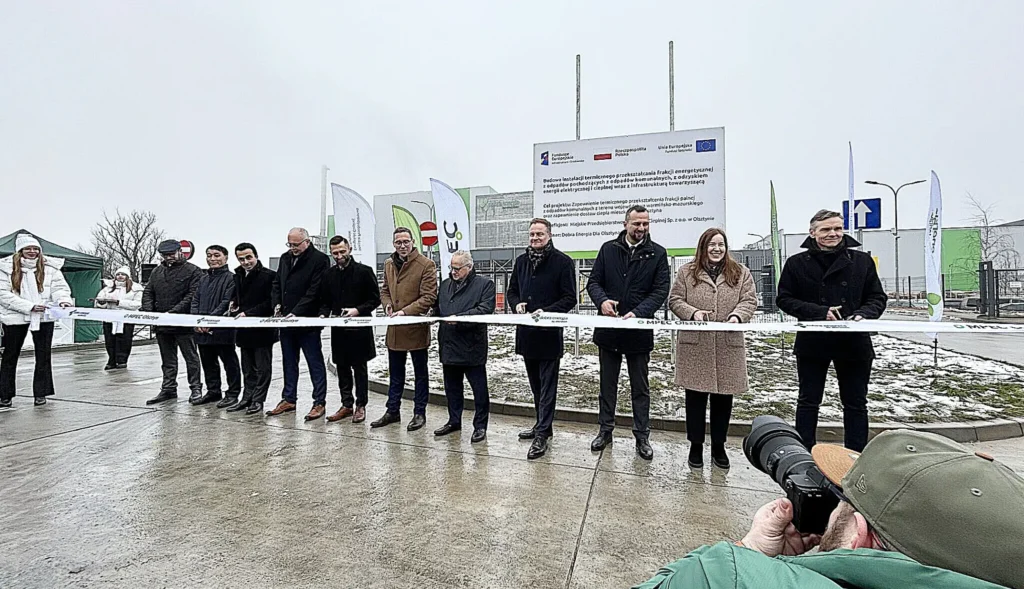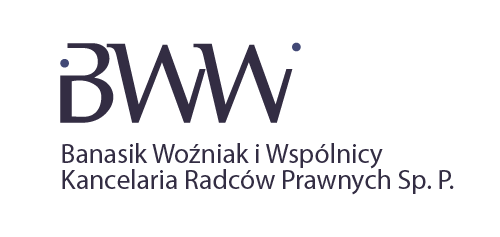BWW supported the partners in the construction of an innovative waste incineration plant in Olsztyn

The investment launched in the capital of Warmia was built over a period of years under the PPP formula and cost almost one billion PLN. It required very good cooperation and mutual understanding between several parties. It is an excellent example of a closed-loop economy, as well as of the challenges faced by local authorities in the energy transition.
The general contractor for the Thermal Waste Processing Installation, Doosan, has handed over the site of the installation to the French-Spanish consortium ‘Dobra Energia dla Olsztyna’. This company, as a private partner, will be responsible for operating the installation for the next 25 years. The Olsztyn installation was built under the public-private partnership (PPP) formula.
– This is a complex investment formula which requires careful and comprehensive legal services. All parties involved in such a project must talk to each other in a thorough, substantive manner. The key advantage of the PPP formula in the area of waste management is that each party gains economically, while maintaining the highest ecological standards, says Małgorzata Banasik, who, together with the law firm’s team of experts, has been involved in the Olsztyn incineration plant project from the very beginning.
Ms Banasik adds that the law firm she co-owns is involved in all investments aimed at climate protection, particularly in the field of renewable energy and the ‘greening’ of district heating systems in accordance with the objectives set by the Fit For 55 package. The project in Olsztyn is a model example in this respect.
The operation of the modern heating plant, which uses fuel produced from waste produced in Olsztyn and surrounding towns, will cover 35 per cent of the city’s heating needs; it also recovers electricity.
The only fuel in the boiler will be RDF waste, i.e. waste that has a high calorific value. Until now, the city had to sell this fuel to dispose of it. With the new heating plant, it will sell it more favourably and, in addition, it will obtain additional heat and electricity.
The modern and completely safe incineration plant in the capital of Warmia can process 15 tonnes of rubbish per hour. This will ultimately guarantee 30 megawatts of heat and 10 megawatts of electricity per hour. Ultimately, the plant will process 100,000 tonnes of rubbish per year.
– This project responds to the challenges of managing non-recyclable municipal waste. It is a key element of the city’s energy security strategy. It would not have been possible to implement it without the commitment and professionalism of BWW, which has worked with us from the beginning,’ says Konrad Nowak, president of Miejskie Przedsiębiorstwo Energetyki Cieplnej Olsztyn.
The BWW team that worked on the Olsztyn investment was headed by counsel Małgorzata Banasik. The team included: counsel Aneta Gęsiarz-Krasucka, counsel Agnieszka Ferek, counsel Joanna Bernat, counsel Katarzyna Korszewska, counsel Przemysław Bartoszek, counsel Michał Legodziński, counsel Bartłomiej Kielasiński, counsel Jakub Zuchniewicz, counsel Julia Wójcik.
